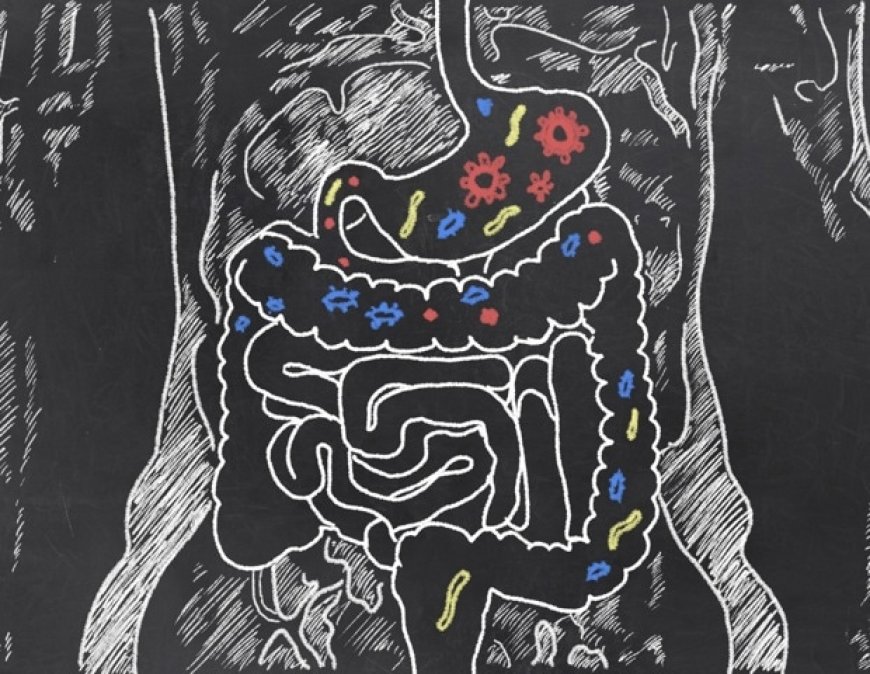Understanding the Link Between Diet, Microbiome, and Gastric Cancer Risk
Gastric cancer, once more common in older adults, is now increasing among younger people in developed countries. Recent research from The Chinese University of Hong Kong explores how diet and gut microbes influence gastric cancer risk. The study highlights harmful and protective bacteria and dietary patterns, offering insights for personalized prevention strategies.

Gastric cancer (GC), commonly known as stomach cancer, is becoming more prevalent among younger individuals in developed countries. Researchers from The Chinese University of Hong Kong conducted a review on how diet, gastric microbes, and their byproducts influence GC risk. The study highlights harmful and protective microbial species and dietary patterns, offering insights for personalized prevention strategies.
GC is the fifth most common cancer worldwide and the third leading cause of cancer-related deaths, claiming over 784,000 lives annually. While historically seen in older adults, the rising incidence among younger individuals signals a shift in risk factors. Helicobacter pylori bacteria and gut microorganisms play crucial roles in GC development, influenced by diet.
Professor Jun Yu's team analyzed how diet, gastric microorganisms, and their byproducts interact to promote or prevent GC. Certain dietary patterns like high-salt foods, processed meats, heavy alcohol consumption, and high-fat diets create conditions favoring GC development. Beneficial bacteria like Akkermansia muciniphila and butyrate-producing species help protect against cancer.
The review suggests intervention approaches such as targeted dietary modifications and microbiome-based therapies. Healthy diets rich in fruits and vegetables can lower GC risk. Future strategies may involve engineered probiotics and precision nutrition tailored to individual microbiome profiles.
This review provides a roadmap for future GC research and clinical developments, emphasizing the importance of addressing dietary habits and the gastric microbiome for effective prevention and treatment of this public health threat.
According to the source: News-Medical.
What's Your Reaction?
 Like
0
Like
0
 Dislike
0
Dislike
0
 Love
0
Love
0
 Funny
0
Funny
0
 Angry
0
Angry
0
 Sad
0
Sad
0
 Wow
0
Wow
0


















































































































































